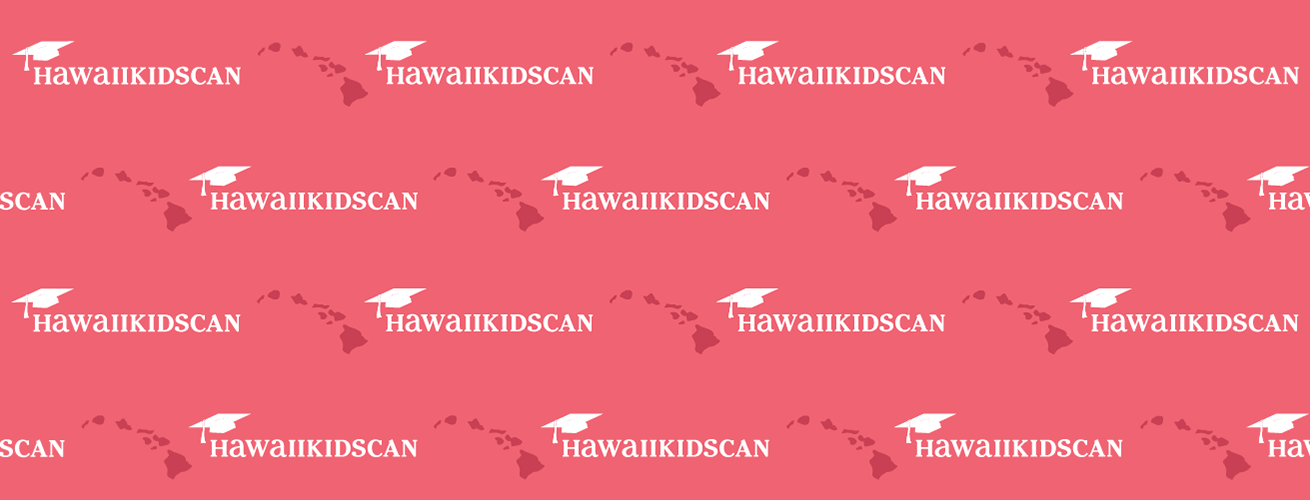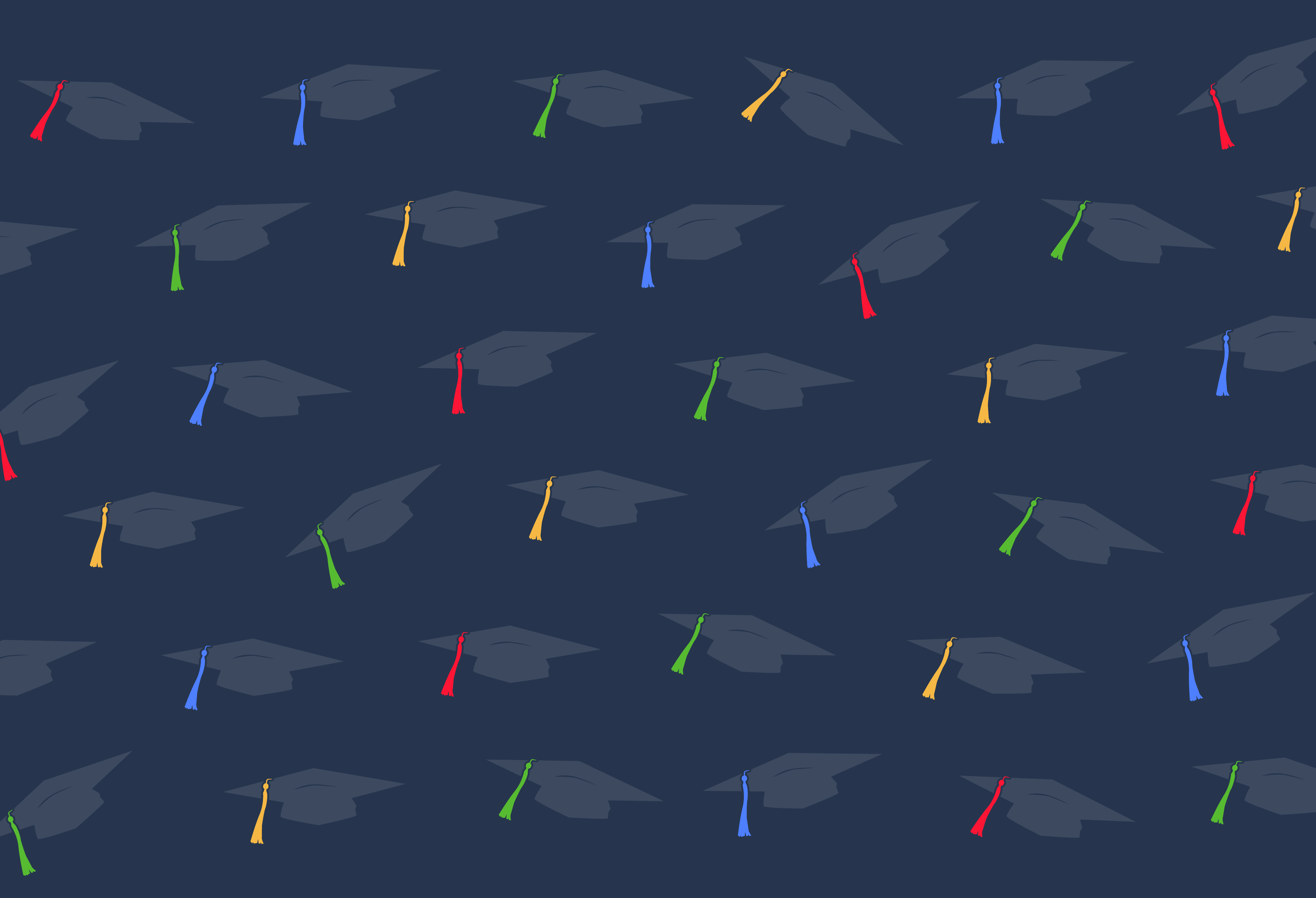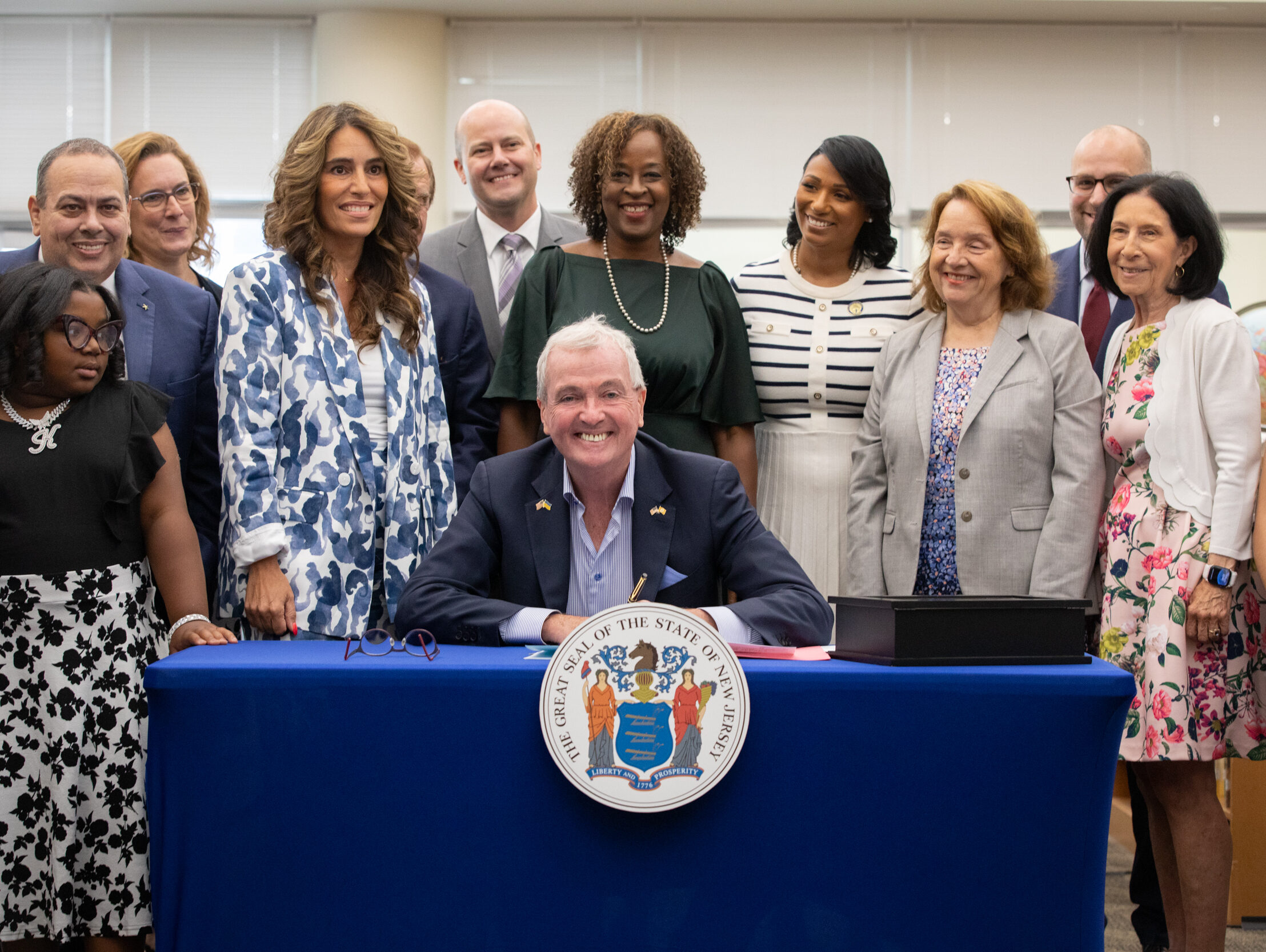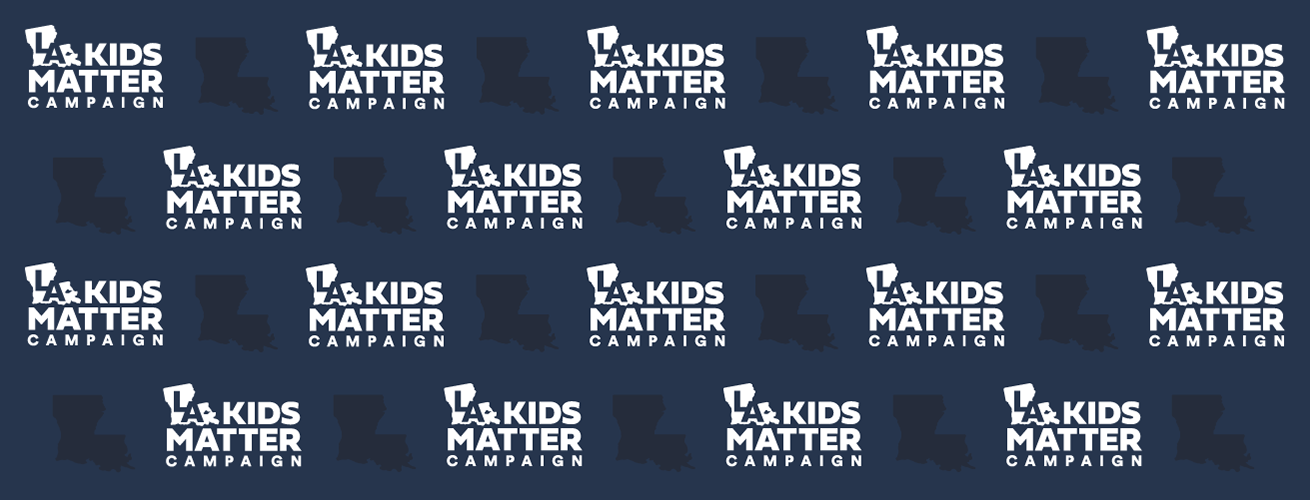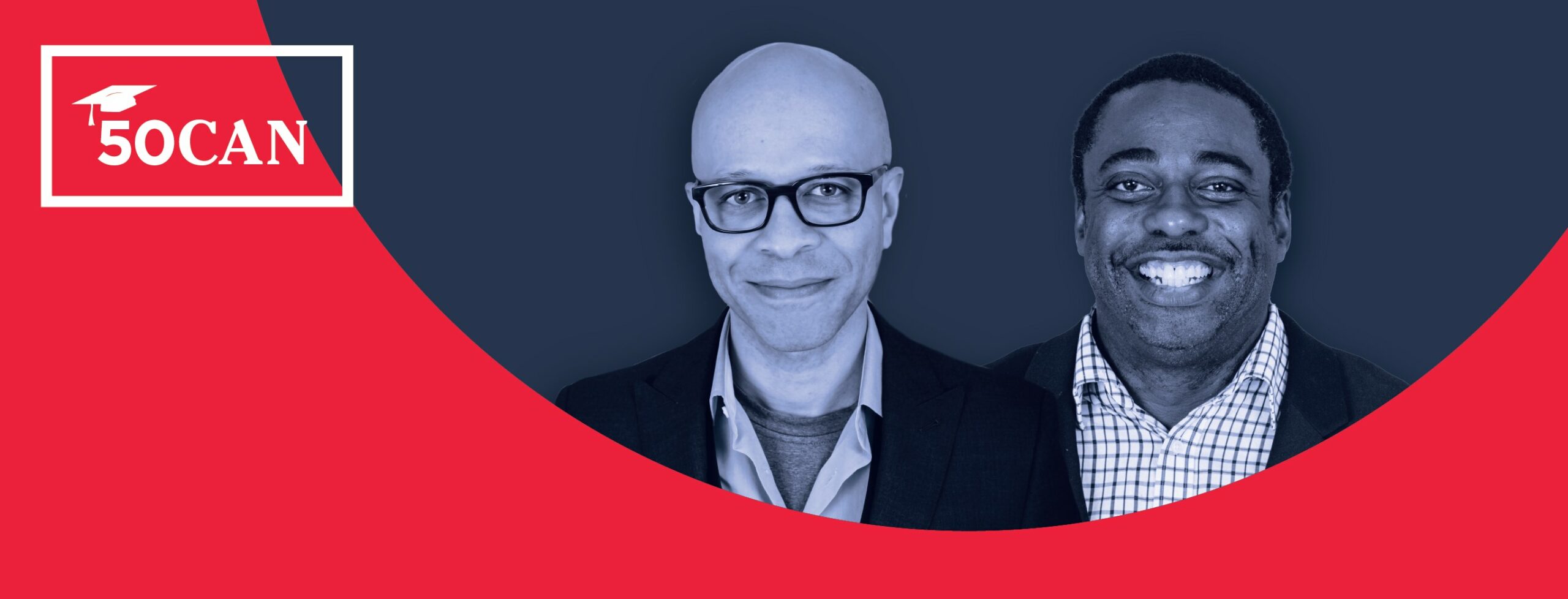Last year, the advocates of the 50CAN network achieved 30 policy victories aligned to Believe in Better, our vision for the future of American education. In 2024, we’re building on this momentum with 50 policy goals for 2024.
 The Education that’s Right for You
The Education that’s Right for You
The future of education puts the decision-making power of where, how and when students will be educated directly in the hands of parents. That means district, charter, private, microschools, learning pods, virtual education, homeschooling and more. These options must be available to all, regardless of where they live, the district boundaries or attendance zones that have been drawn or the wealth of their family.
In 2024, we’ll build toward this vision by:
In Colorado, improving transportation access for families seeking more educational choices and by creating a civil right to a quality education.
In Connecticut, streamlining the charter approval and funding processes.
In Delaware, enacting a student-based funding model, giving charter schools the flexibility to hire the school leaders that work best for their school and passing a constitutional amendment saying “every child has the right to a high quality public education.”
In Georgia, expanding educational opportunities so more families can attend a school of their choice, supporting charter schools by improving the regulatory environment and increasing grant funding for charter facilities.
In Hawaii, expanding access to quality facilities for charter schools.
In Louisiana, enacting ESA legislation and establishing a revolving loan fund for charter schools.
In New Jersey, fixing inequity in charter school access to facilities funding.
In New Mexico, ensuring high quality charter schools are approved to open and grow.
In North Carolina, ensuring charter schools have access to county bonds for facilities.
In Tennessee, expanding education savings accounts and securing additional investment in facilities funding for charter schools.
 Tutoring and Care for All
Tutoring and Care for All
There is significant research showing the positive effects that one-on-one and small group tutoring have on remediating and accelerating learning, particularly when grounded in research-based instruction like the “Science of Reading.” It’s time to make tutoring a core and permanent element of our education system. In addition, every child should also have access to a range of free summer learning opportunities and camps, and the opportunity to connect regularly with a caring adult for mental health and wellness services. Finally, students deserve caring adults who can meet their needs, so we’re pursuing teacher certification and licensure reforms.
In 2024, we’ll build toward this vision by:
In Connecticut, modernizing the educator certification system.
In Georgia, providing state funding to implement early literacy policies.
In Hawaii, ensuring transparency around teacher use of curricular materials grounded in the science of reading and requiring all public elementary schools to conduct universal screening for students grades K-3 to identify those at risk of having dyslexia.
In Louisiana, expanding funding for high dosage tutoring statewide.
In New Jersey, aligning New Jersey’s literacy approach to the Science of Reading and advancing the teacher apprenticeship model.
In New Mexico, securing funding for the Reading Materials Fund, improving literacy scores with a strengthened early literacy pilot and enacting a pilot for automatic enrollment in advanced coursework.
In North Carolina, removing unnecessary teacher license credential barriers that prevent more minorities from entering the profession.
In Tennessee, increasing equitable access to high-quality tutoring services for all students.
A World of Open and Connected Learning
The future of education must move beyond the limits of the school building and tap into national and local partnerships with communities, businesses and civic institutions to deliver an interconnected and borderless education where learning happens everywhere.
In 2024, we’ll build toward this vision by:
In Colorado, expanding direct aid to families for outside the classroom learning and extracurricular opportunities.
In Delaware, establishing a Digital Divide Taskforce.
In New Jersey, advancing the affordability and access to CLEP testing with asynchronous learning supports.
In Tennessee, establishing innovative learning models to promote learning outside of the classroom.
 A Family’s Right to Know What’s Working
A Family’s Right to Know What’s Working
Greater decentralization of learning must go hand-in-hand with better information for parents so they can make the right choices for their children. That means real-time updates on their children’s progress, clear measures of the quality and effectiveness of programs and dollar-by-dollar reports on the amount of money the government is spending on their child and how that money is being spent.
In 2024, we’ll build toward this vision by:
In Colorado, improving data privacy laws so that more districts are reporting student achievement data.
In Connecticut, building systems to inform parents of school quality and fully implementing the Multilingual Learner Bill of Rights.
In Delaware, requiring the state to transparently host proficiency data on their website and requiring single digit proficiency schools to write an improvement plan.
In Georgia, ensuring the state maintains a high quality system of assessments and evaluations.
In North Carolina, enacting meaningful accountability for ESAs that does not hamper innovation.
In Tennessee, ensuring parental access to accountability framework data.
 A Clear Path to a Career
A Clear Path to a Career
The future of education will ensure that every child graduates from high school with a clear path to college or a career by partnering with the business and higher education communities to create new internships, apprenticeships and early-access college courses so that there are multiple paths to success.
In 2024, we’ll build toward this vision by:
In Connecticut, clarifying school funding allocations for agricultural and vocational schools.
In Delaware, requiring financial literacy classes for all students.
In Georgia, strengthening career pathway opportunities.
In Hawaii, increasing incentives to employers who offer quality work-based learning opportunities, ensuring that all high schools are equipped to provide 12 month counselors with a clearly defined role to support postsecondary access and success and ensure FAFSA completion is a core element of the Personal Transition Plan that is required by the Hawaii Department of Education.
In Louisiana, expanding workforce pathways opportunities.
In New Mexico, ensuring CTE courses are aligned to meaningful college and career pathways.
In Tennessee, strengthening career pathways opportunities with data-driven solutions.



